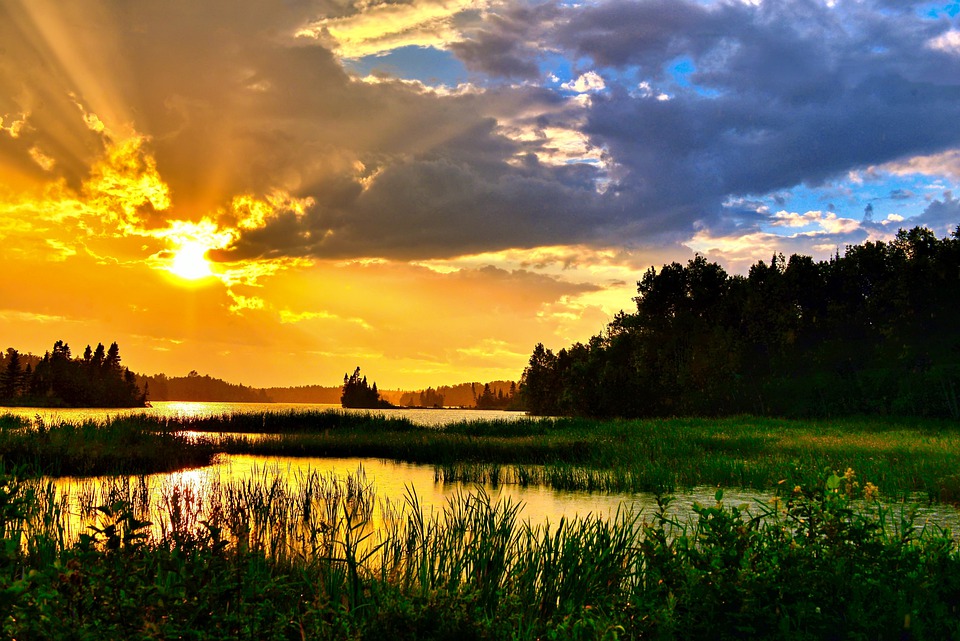1. Misinformation
One of the main reasons why some people do not believe in global warming is due to misinformation. There is a lot of conflicting information out there, and some individuals may be swayed by false claims or misleading data.
2. Political Agenda
Another reason for skepticism about global warming is the perception that it is a politically motivated issue. Some people believe that the push to address climate change is driven by political agendas rather than scientific evidence.
3. Economic Concerns
Many industries, such as fossil fuel companies, have a vested interest in denying the reality of global warming. These companies may fund research or campaigns that cast doubt on the science of climate change in order to protect their profits.
4. Lack of Personal Experience
For some individuals, global warming may seem like a distant or abstract concept because they have not personally experienced its effects. This can lead to a sense of disconnect and disbelief in the severity of the issue.
5. Cognitive Dissonance
Finally, cognitive dissonance can play a role in why some people do not believe in global warming. It can be psychologically challenging to accept the reality of climate change, as it requires individuals to confront uncomfortable truths about the impact of human activity on the environment.

Kyle Whyte is a notable scholar and professor at the University of Michigan, holding positions such as the George Willis Pack Professor in the School for Environment and Sustainability and Professor of Philosophy. Specializing in environmental justice, his work critically examines climate policy and Indigenous peoples’ ethics, emphasizing the nexus between cooperative scientific endeavors and Indigenous justice. As an enrolled Citizen Potawatomi Nation member, he brings a vital perspective to his roles as a U.S. Science Envoy and member of the White House Environmental Justice Advisory Council. His influential research is supported by various prestigious organizations including the National Science Foundation, and disseminated through publications in high-impact journals. Kyle actively contributes to global Indigenous research methodologies and education, with affiliations to numerous institutes and societies dedicated to traditional knowledge and sustainability. Recognized for his academic and community engagement, Kyle has earned multiple awards and served in various visiting professorships. His efforts extend to leadership positions on boards and committees focused on environmental justice nationwide.
